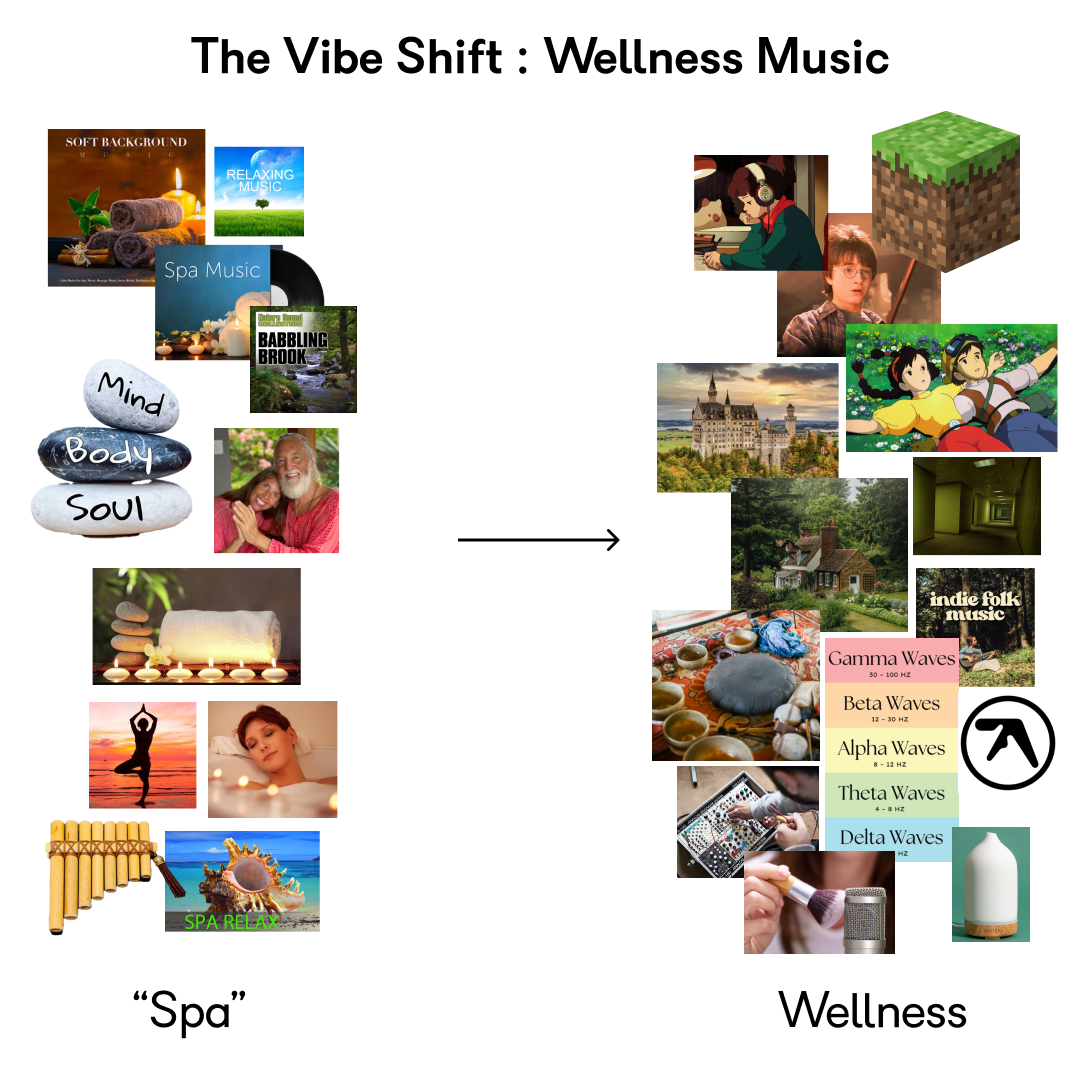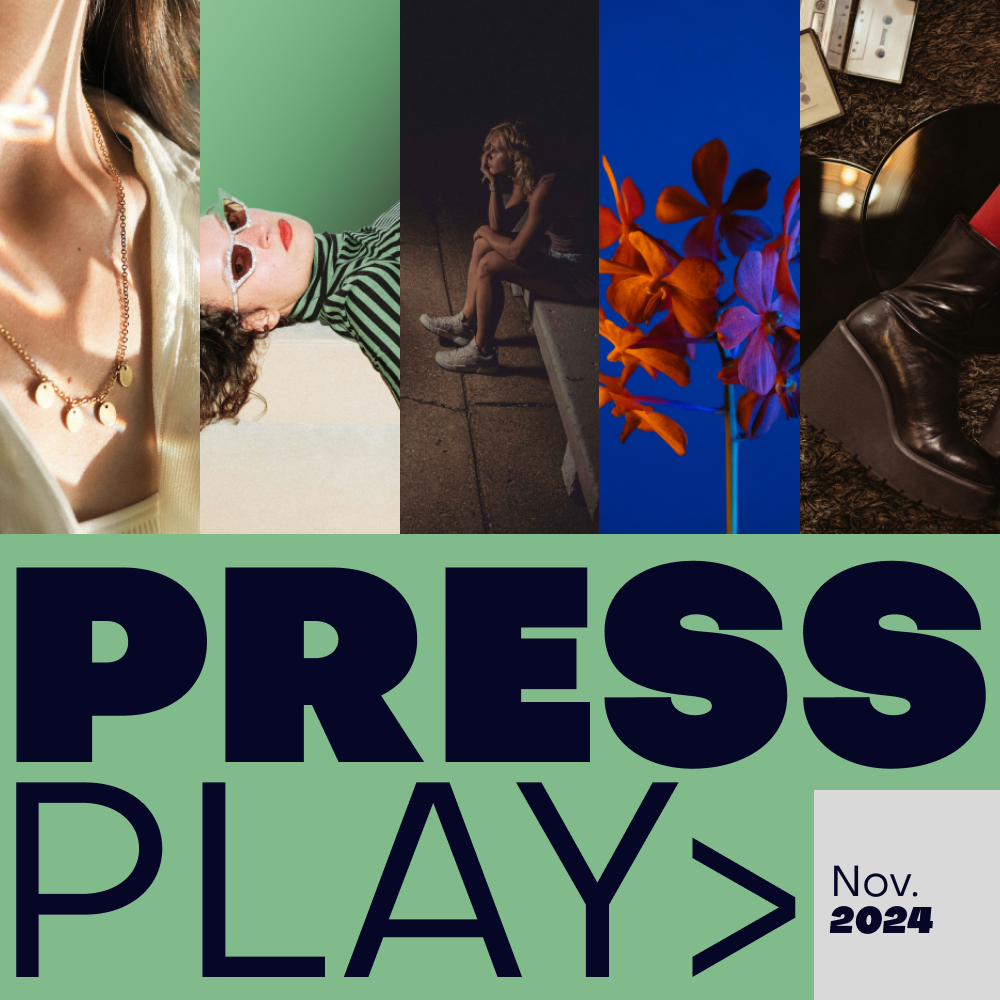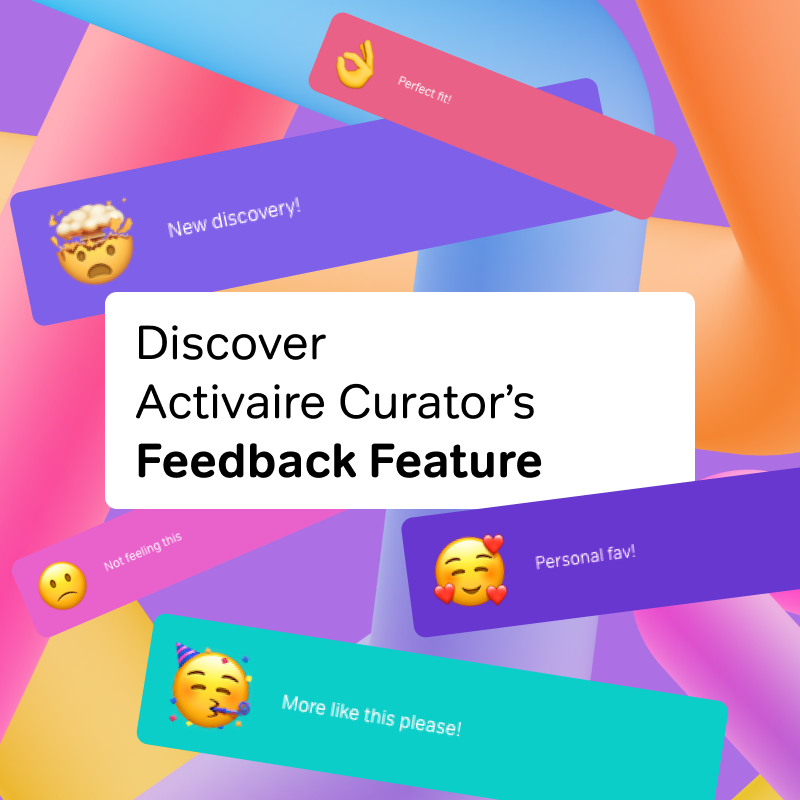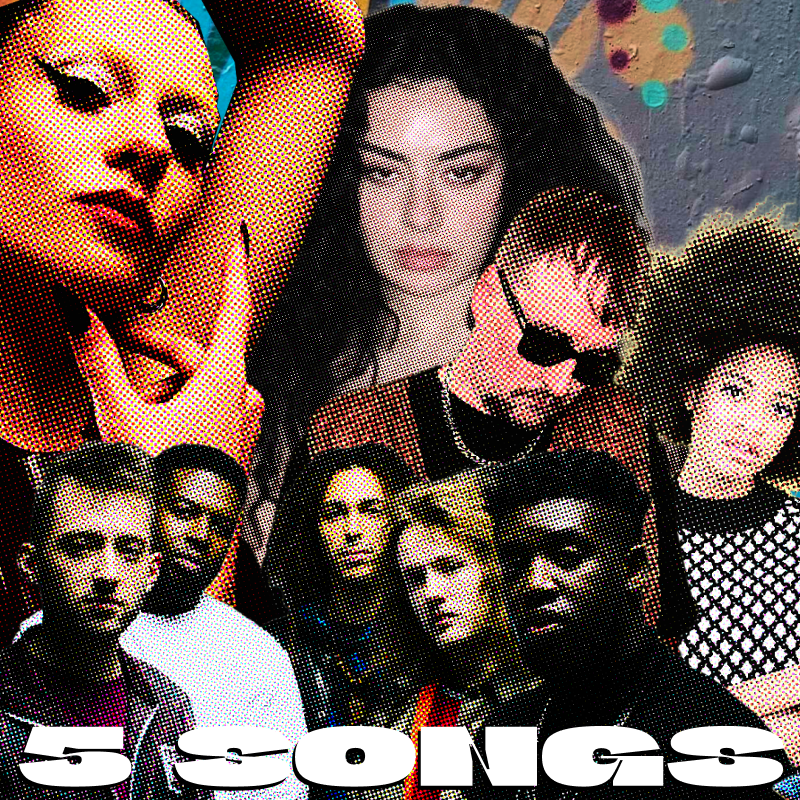Celebrating AAPI Heritage Month: The Rise of Asian Artists in the Global Music Scene

Words by: Adesh Deosaran, CEO, Activaire.
As an Asian American, I find the explosion of Asian artists on the music scene astounding. It wasn’t that long ago that I felt starved for representation in the media of people who looked like me and shared similar life experiences. I had Tony Kanal from No Doubt, Dustin Nguyen from 21 Jump Street, Harold and Kumar, and Mike Shinoda from Linkin Park. There are others, like Norah Jones and Sarita Choudhury, who would inspire the question, “We can do that?” It seemed exceptional rather than usual. Now, as Asian faces become more common (we still have a long way to go) in media, we’re on the road to it being usual rather than exceptional, and while that may sound boring, that’s the progress we need.
I’ve always loved Tony Kanal because he was immediately accepted as just the bass player from No Doubt, and the color of his skin or heritage was irrelevant. It was relevant to me because he looked like me, but it was of little or no importance to the average No Doubt fan.
What’s great about Asian representation in music now is that it’s really about good music. I often don’t even realize I’m listening to an Asian artist until I take a closer look at their bio. This is what normalization looks like. Asian musicians can make music that is true to who they are as individuals without always having to highlight their heritage; that’s a freedom we didn’t always have. We don’t want to be exotic or the “Korean Harry Styles”; we want to be acknowledged for our creativity.
I recently saw Rei Brown in concert and loved the mix of ethnicities and gender identities in his audience. The lines are starting to get blurry, and some exciting things are beginning to happen. Things like non-Asian people learning to speak Korean because they love K-Pop or Japanese because they’re obsessed with Manga.
Asian American and Pacific Islander (AAPI) Heritage Month honors and recognizes the rich cultural contributions of AAPI communities. In recent years, the global music scene has witnessed an unprecedented rise in the representation of Asian artists, a movement that is both inspiring and transformative. These artists are not only breaking barriers but also redefining genres, bringing diverse sounds and stories to the forefront. Here, we spotlight some remarkable Asian artists making waves globally and celebrate their impact on the music industry.
Not all of these artists are American, but they have a huge impact on the AAPI communities. They play vital roles in representation and acceptance as their popularity rises with American audiences.
Rei Brown
Rei Brown, a Japanese-American artist, has been captivating audiences with his ethereal and emotional soundscapes. His music, a blend of indie pop and electronic elements, explores themes of identity and belonging, resonating deeply with listeners worldwide. Rei Brown’s unique approach to music production and his evocative lyrics make him a standout in the modern music scene.
Jyoty
London-based, Amsterdam-born Jyoty is a DJ who, through her eclectic sets, focuses on raising the voices of Asian and minority musicians. She plays to audiences worldwide and aims to introduce them to music they wouldn’t otherwise hear. Artists gain new fans from around the world as Jyoty drops them into the mix. Outside of DJing, Jyoty uses her platform to advocate and educate while also working toward creating safe spaces for marginalized communities.
Beabadoobee
Beatrice Laus, known professionally as Beabadoobee, is a Filipino-British singer-songwriter who has taken the indie rock world by storm. Her nostalgic, 90s-inspired sound and heartfelt lyrics have garnered her a dedicated following. Beabadoobee’s success highlights the global appeal of Asian artists and their ability to connect with diverse audiences through their music.
Curtis Waters
Curtis Waters, a Nepali-Canadian artist, achieved viral success with his hit single “Stunnin’.” His music, which blends elements of hip-hop, pop, and electronic genres, reflects his eclectic influences and unique style. Curtis Waters’ rise to fame showcases the power of social media in amplifying diverse voices and bringing Asian artists to the global stage.
Blackpink
The South Korean girl group Blackpink has become a global phenomenon, breaking records and setting new standards in the music industry. Their energetic performances, catchy tunes, and charismatic presence have earned them a massive international fanbase. Blackpink’s success is a testament to the increasing acceptance and popularity of K-pop and Asian artists in the global market.
Olivia Rodrigo
Olivia Rodrigo, an American singer-songwriter of Filipino descent, has taken the music world by storm with her debut album “SOUR.” Her raw and honest lyrics, combined with her powerful vocals, have resonated with millions of listeners. Olivia’s success story is a powerful example of how AAPI artists are making significant contributions to mainstream music in the United States.
Jai Paul
British-Indian musician Jai Paul is known for his genre-defying music that blends elements of electronic, R&B, and experimental pop. Despite his limited discography, Jai Paul’s innovative sound has had a profound influence on contemporary music, inspiring a new generation of artists.
Joji
Japanese-Australian artist Joji, formerly known as Filthy Frank on YouTube, has successfully transitioned into a respected musician with his melancholic and introspective sound. His music, which often explores themes of love and loss, has earned him a dedicated global following.
Toro Y Moi
Chaz Bear, known by his stage name Toro Y Moi, is a Filipino-American artist whose music spans various genres, including chillwave, funk, and indie rock. His ability to seamlessly blend different styles has made him a prominent figure in the modern music landscape.
The Linda Lindas
The Linda Lindas, an all-girl punk band composed of Asian and Latinx members, have gained attention for their energetic performances and socially conscious lyrics. Their music, which addresses issues like racism and sexism, has struck a chord with audiences worldwide, proving that young Asian artists are making significant cultural impacts.
The Smashing Pumpkins
While not all members of the Smashing Pumpkins are of Asian descent, the band’s guitarist James Iha is a Japanese-American musician who has been an integral part of their success. The Smashing Pumpkins’ influential sound and Iha’s contributions highlight the important role that AAPI artists have played in shaping rock music.
Mitski
Mitski Miyawaki, a Japanese-American singer-songwriter, is known for her poignant and introspective music. Her ability to convey deep emotions through her lyrics and melodies has earned her critical acclaim and a devoted fanbase. Mitski’s work continues to inspire many with its honesty and vulnerability.
Japanese Breakfast
Japanese Breakfast, the musical project of Korean-American artist Michelle Zauner, has received widespread acclaim for its innovative sound and emotional depth. Zauner’s exploration of grief, identity, and healing in her music has resonated with many, making Japanese Breakfast a significant voice in the indie music scene.
The rise of these artists is not just a celebration of individual talent but also a reflection of a broader cultural shift. The increased visibility and success of Asian artists in the global music scene are breaking down stereotypes and opening doors for future generations. It is a reminder that music transcends boundaries, and the diverse stories and perspectives of AAPI artists enrich the cultural tapestry of the world.
As we celebrate AAPI Heritage Month, let us recognize and support these incredible artists who are making their mark on the global stage. Their journeys and achievements inspire us all, showcasing the power of representation and the importance of embracing diverse voices in the arts.





